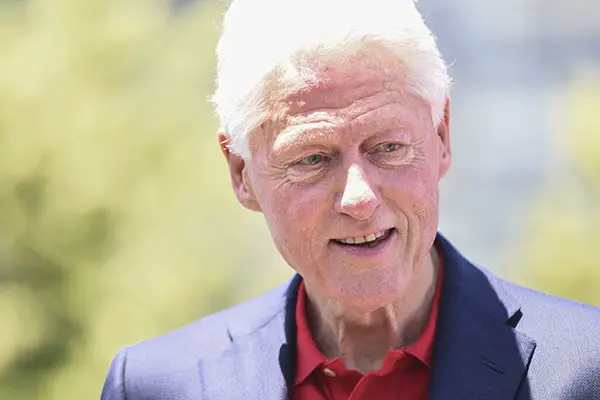During an episode of ABC’s “The View” on December 11, 2024, Bill Clinton, the former US President, discussed potential presidential pardons for his wife, Hillary Clinton. The conversation shed light on the intricate interplay of presidential authority, personal associations, and political repercussions.
In a discussion on the possibility of a preemptive pardon from President Joe Biden, Clinton said, “I think if President Biden wanted to talk to me about that, I would talk to him about it, but I don’t think I should be giving public advice on the pardon power.”
Clinton used this platform to defend his wife against enduring allegations about her email usage. He referred to the conclusions drawn by the State Department during the Trump administration, which stated that Hillary Clinton hadn’t transmitted any classified emails through her personal device. “It was a made-up, phony story,” asserted Clinton, portraying the controversy as a politically driven narrative despite years of scrutiny.
When broaching the subject of potential political vendettas, Clinton voiced his thoughts on the possible return to power of former President Donald Trump. “I hope he won’t do that,” Clinton commented, alluding to the potential targeting of political figures, including his wife.
This discussion takes place against the backdrop of President Biden’s notable exercise of presidential clemency powers. His administration has granted commutations to roughly 1,500 individuals and pardoned 39 others convicted of nonviolent offenses, representing one of the most significant clemency actions in recent presidential history.
Biden’s pardon strategy primarily addresses perceived systemic problems within the criminal justice system. “America was built on the promise of possibility and second chances,” Biden declared when announcing the pardons, which included individuals convicted of marijuana offenses and other nonviolent crimes.
The debate over presidential pardons has escalated in light of recent developments in legal challenges faced by Hunter Biden, the President’s son. His case, centered around business transactions and substance abuse issues, has brought the administration’s use of pardon powers into sharp focus.
Despite ongoing debates about the influence of political factors in such decisions, criminal justice reform advocates largely endorse Biden’s comprehensive approach to pardons. The prospect of a pardon for Hillary Clinton further complicates the ongoing dialogue about the reach and implementation of presidential pardon powers.











